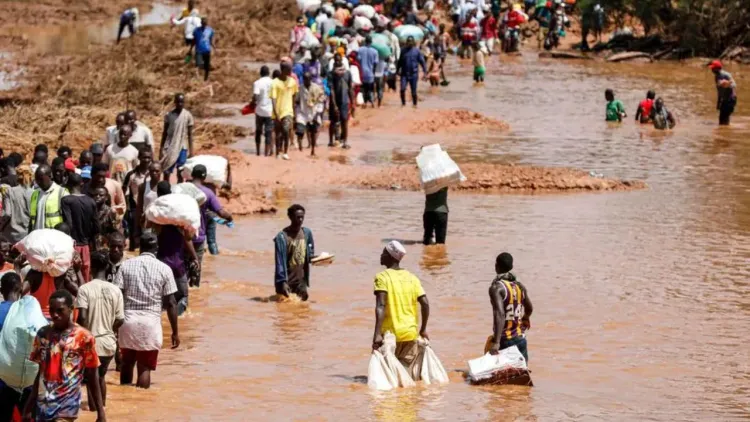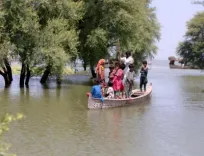64.8 Million Individuals Struggle with Food Insecurity in the Horn of Africa

Nairobi, Dec 6 (NationPress) The current count of people experiencing food insecurity in the Horn of Africa is reported to be 64.8 million as of November, based on a report released on Friday by the United Nations Food and Agriculture Organisation (FAO) and the Intergovernmental Authority on Development (IGAD), an organization representing East African nations.
This figure indicates a minor reduction from 65 million in October, which is credited to enhanced food supplies due to significant rainfall in various IGAD member countries.
Among those affected, 35 million live in IGAD member nations, such as Djibouti, Eritrea, Ethiopia, Kenya, Somalia, South Sudan, Sudan, and Uganda, while the remainder are located in other African nations, including the Central African Republic and the Democratic Republic of the Congo (DRC), as reported by the Xinhua news agency.
The report emphasized that extreme weather and climate change, which have become increasingly intense and frequent, are the main factors driving food insecurity in the region. The agriculture and livestock sectors primarily rely on rain-fed practices, making vulnerable populations disproportionately affected by the changing climate. Additionally, ongoing armed conflicts, violence, political instability, and insecurity have led to extensive displacement, disrupting household food production.
It is estimated that the region is home to over 29 million displaced individuals, driven by both conflict and climate-related challenges, particularly in Sudan and the DRC. The increased number of internally displaced persons is further complicating food insecurity in various host communities by placing added pressure on their already scarce resources.
The UN Office for the Coordination of Humanitarian Affairs (OCHA) pointed out other contributing factors to the crisis, such as economic shocks, drought, and flooding, which are intensifying poverty and leading to displacement, malnutrition, and acute food insecurity.
According to OCHA, approximately $9.8 billion is required to tackle the humanitarian crisis in the Horn of Africa.








